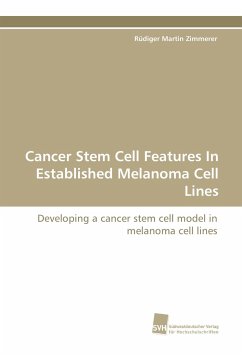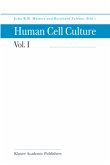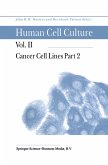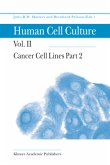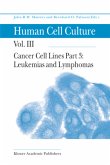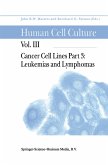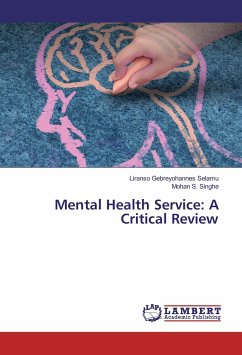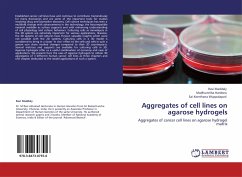Cancer is increasingly being viewed as a stem cell disease. According to the cancer stem cell hypothesis, tumour initiation and growth are driven by a minor subset of stem-cell-like cancer cells. These cancer stem cells (CSC) self-renew to give rise to additional CSC and differentiate to generate phenotypically diverse progeny with limited proliferative potential. CSC are capable of reconstituting tumours upon transplantation relative to bulk tumour cells or non-tumourigenic cancer cells. This model, first developed in human myeloid leukaemia, has been extended to solid tumours, such as breast and brain cancer. Most cancer stem cells were first isolated based on the expression of surface markers to distinguish CSC from cancer cells with more limited proliferative potential. CSC are usually rare in clinical specimens and hardly amenable to functional studies or to analysis of gene expression profiles. In this study a panel of melanoma cell lines was screened to identify cellular reagents sharing typical CSC features including expression of specific surface markers and genes, capacity to grow in spheroids and high clonogenic capacity.
Bitte wählen Sie Ihr Anliegen aus.
Rechnungen
Retourenschein anfordern
Bestellstatus
Storno

